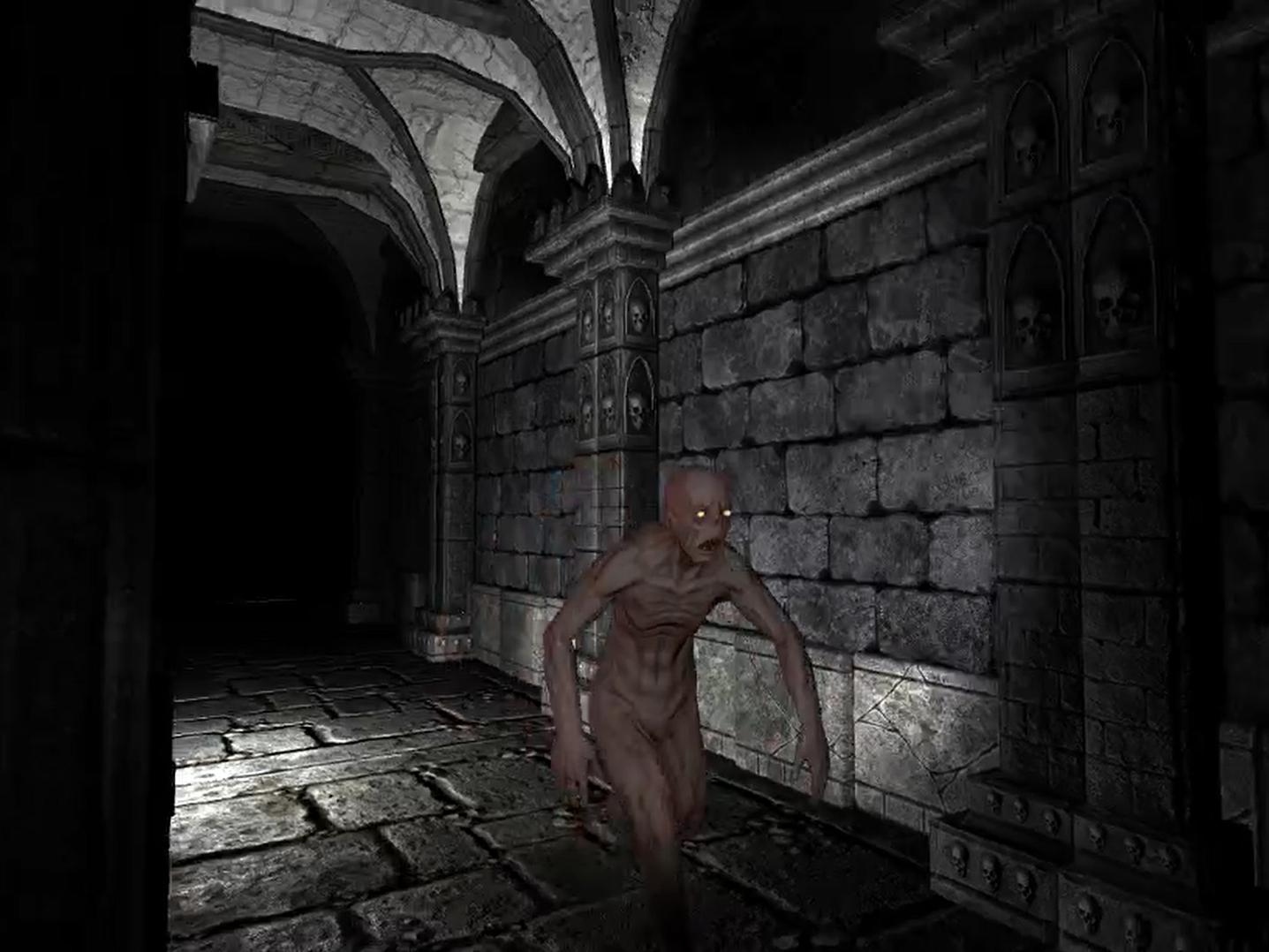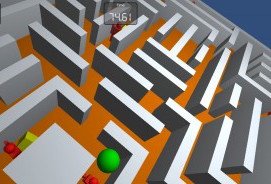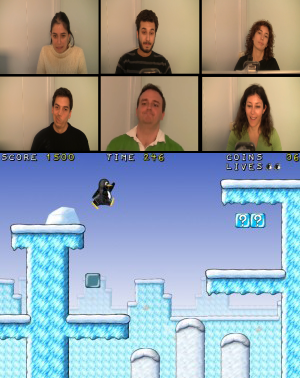The following is a list of publicly-available preference-based datasets which have been used in recent preference learning studies. This list is provided both as a resource for practicing the use of the Preference Learning Toolbox (PLT) and to encourage users to contribute to the respective areas of research via preference learning.
We provide two types of datasets: datasets containing predetermined attributes and datasets that require attribute extraction. In the former case, the dataset is ready to be used with PLT and contains both objects (with defined by predetermined attributes) and pairwise preferences. On the other hand, in the latter case, the objects and their attributes have not yet been extracted however the user is provided with raw data (e.g., gameplay and physiological logs) from which attributes may be freely derived.
Datasets with predetermined attributes
1. Sonancia Audio Clip Dataset

(via autogamedesign.eu/sonancia)
DownloadThis dataset includes the crowdsourcing annotations and the features extracted from the openSMILE tool, which was used to train audio affect models for the Sonancia system. If you use this dataset within your work, please cite the following paper:
Lopes, Liapis and Yannakakis, “Modelling Affect for Horror Soundscapes”, IEEE Transactions of Affective Computing, 2017.
Note that the dataset has been slightly modified for use with PLT. These modifications are described in the ‘Read Me.txt’ file included in the dataset download. The original unmodified dataset may be downloaded here.
Datasets requiring attribute extraction
1. MazeBall Affective Camera Control Dataset

(via hectorpmartinez.com)
DownloadThe goal of this project is to create a game system that monitors the player experience and drives it by adapting the virtual camera. We collected data of the psycho-physiological reactions of players to different camera configurations and trained neural network models to empower the adaptation mechanism. For further reading, you are welcome to check out the following paper:
Yannakakis, G.N., Martínez, H.P. & Jhala, A. User Model User-Adap Inter (2010) 20: 313. https://doi.org/10.1007/s11257-010-9078-0
2. Platformer Experience Dataset

(via ped.institutedigitalgames.com)
DownloadThis dataset contains demographic information as well as gameplay and physiological recordings of 58 participants playing a variant of the platformer game Super Mario Bros. If you use this dataset within your work, please cite the following paper:
K. Karpouzis, G. Yannakakis, N Shaker, S. Asteriadis. The Platformer Experience Dataset, Sixth Affective Computing and Intelligent Interaction (ACII) Conference, Xi’an, China, 21-24 September, 2015.
A more detailed description of the dataset may be obtained from ped.institutedigitalgames.com/dataset-description.
